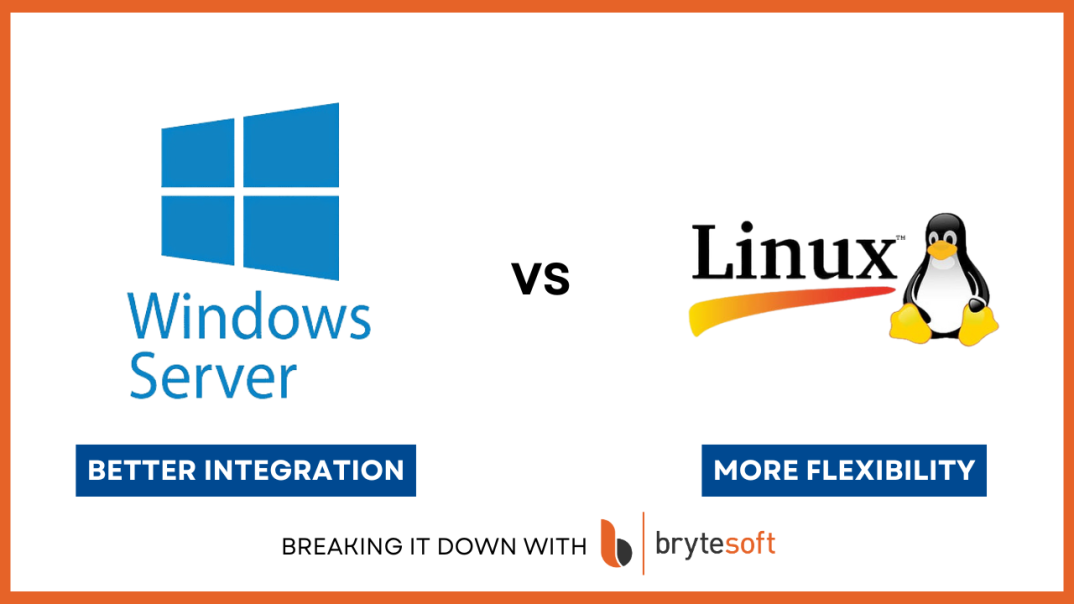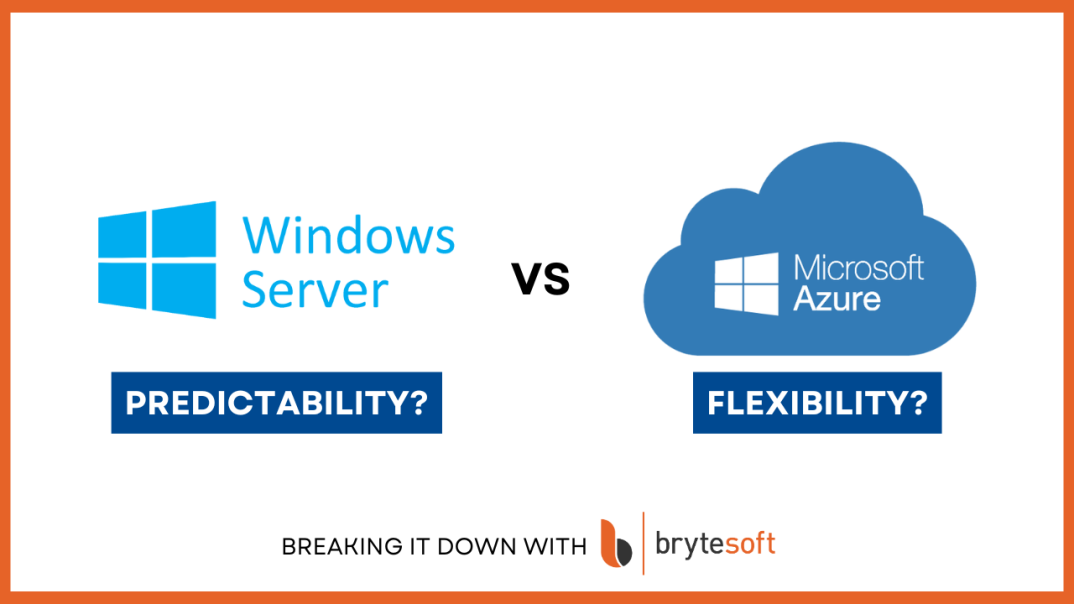Introduction to Server Operating Systems
Server operating systems are the backbone of any business's IT infrastructure. Whether you’re hosting a website, managing data, or running enterprise applications, the choice of a server OS can significantly impact performance, scalability, and security.
Current Trends Influencing OS Choice
Modern businesses often lean toward hybrid or cloud-first strategies, necessitating an OS that integrates seamlessly with various environments. Factors like licensing costs, open-source ecosystems, and enterprise support also influence the decision.
Unveiling Windows Server 2022
Key Features and Advancements
- Advanced Multi-layered Security: Features like hardware root-of-trust and secure boot provide robust protection against threats.
- Azure Integration: Supports hybrid cloud solutions with Azure Arc, allowing you to manage servers across on-premises, multi-cloud, and edge environments.
- Improved Performance: Enhancements include support for large-scale container workloads and reduced latency for data processing.
- Nested Virtualization for AMD Processors: Enables better hardware utilization for virtualization.
- Hotpatching: Minimize downtime with updates applied without restarting.
System Requirements and Licensing
| Requirement | Minimum Specification |
|---|---|
| Processor | 1.4 GHz 64-bit processor |
| RAM | 512 MB (2 GB for Server with Desktop Experience) |
| Storage | 32 GB |
| Network | Ethernet adapter capable of at least 1 Gbps |
Licensing Options:
- Standard Edition: Ideal for physical or minimally virtualized environments.
- Datacenter Edition: Best for highly virtualized data centers.
- Essentials Edition: Tailored for small businesses with up to 25 users.
Explore more on the Windows Server 2022 key.
Exploring Linux Server Solutions
Linux Distinctions: Variety and Flexibility
Linux boasts an impressive variety of distributions (distros), each catering to different needs:
- Ubuntu: User-friendly and great for beginners.
- CentOS/AlmaLinux: Stable and ideal for enterprises.
- Debian: Known for its reliability and extensive package repositories.
Community and Open-Source Advantage
Linux thrives on its global community. Open-source contributions ensure rapid development, security patches, and transparency. Additionally, forums and documentation provide excellent support, often at no cost.
Performance Comparison: Windows Server vs Linux
Speed, Reliability, and Resource Management
Windows Server 2022 is optimized for compatibility with enterprise software, while Linux excels in resource efficiency and high-performance scenarios.
Scalability and Virtualization
Both OSes support virtualization, but their approaches differ:
- Windows Server 2022: Seamless Hyper-V integration and compatibility with Microsoft Azure.
- Linux: Offers KVM and container solutions like Docker, with extensive customization for scaling.
Security Features: Windows Server 2022 vs Linux
Security is a top priority for any server OS. Here’s a closer look:
- Windows Server 2022: Multi-layered security with secure core servers and ransomware protection.
- Linux: Open-source transparency and tools like SELinux and AppArmor enhance application permissions.
Ease of Use and Administration
User Interfaces and Management Tools
Windows Server 2022 provides a GUI-friendly experience with tools like Windows Admin Center, while Linux relies on command-line interfaces, complemented by tools like Webmin and Cockpit for ease of use.
Compatibility and Ecosystem
Application Support and Ecosystem
Windows Server offers superior compatibility with Microsoft applications, while Linux supports open-source and custom enterprise software.
Hardware and Software Integration
Both OSes integrate well with enterprise-grade hardware, but Linux provides broader support for legacy systems.
Making the Decision: Windows Server 2022 or Linux?
Choosing the right OS depends on your business requirements:
- Windows Server 2022: Best for Microsoft-centric enterprises.
- Linux: Ideal for cost-conscious and highly customizable environments.








